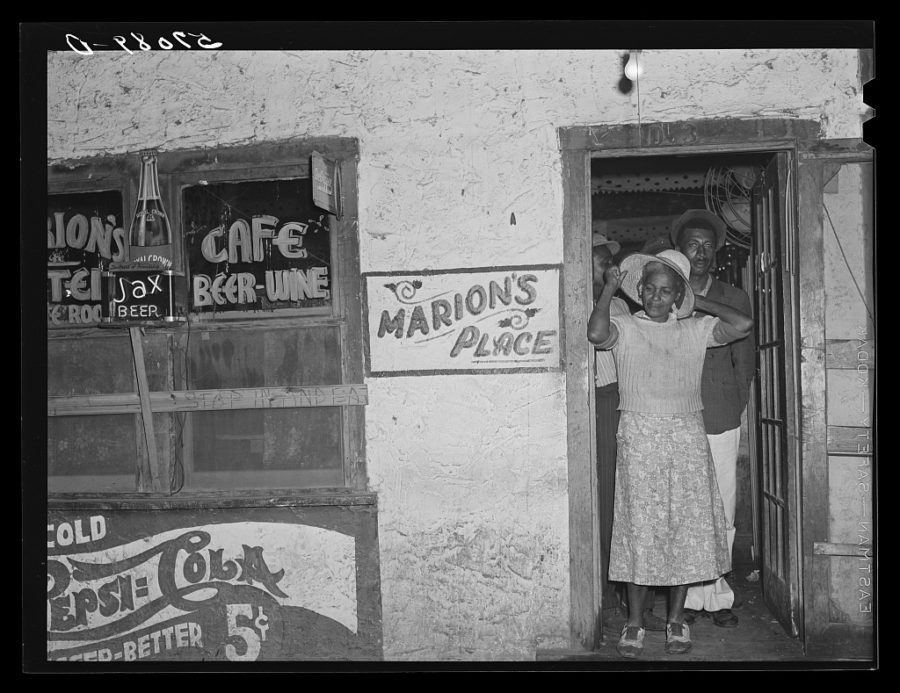
With a renewed interest in juke joints, it is good to understand the origins, the elements, and the owners. And some of those owners were enterprising Black women.
What exactly is a juke joint? Polite people would call them countryside establishments of entertainment. The rest of us, especially those who’ve visited one, would call them spaces in the hidden backwoods of rural areas (and some cities), where working people meet for music, dancing, and food. The earliest types of juke joints can be traced back to slave quarters, when enslaved Africans created some merriment and joy in such a way to avoid potential punishment. Its evolution remains similar for one very good reason: Many were unlicensed establishments, selling white dog (lightening) or moonshine.
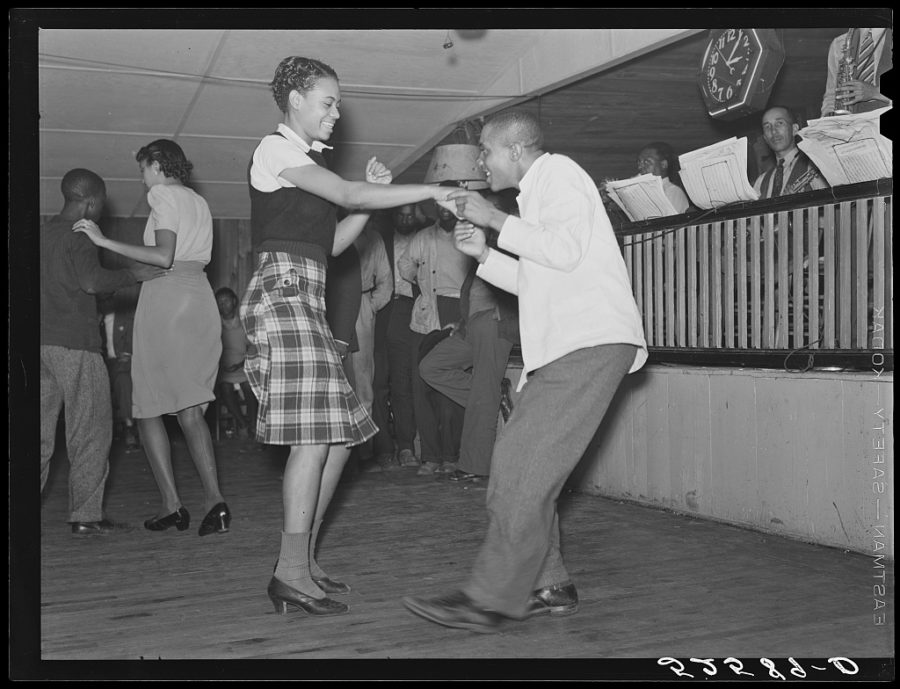
The word juke can be spelled and pronounced “jook” or “joog” and has its roots in both Gullah and West African cultures. Historians Peter M. Rutkoff and William B. Scott stated, “The juke, or jook joint, also came from West Africa. The word ‘jook’ derived from the Baramba word ‘dzugu’, which means wicked or bad.”
In the documentary “Alabama BlackBelt Blues” juke joints were described as places where people came to have a good time and sweat from dancing all night long. There were a few juke joints that offered gambling, yet another reason to be hidden in the woods or backfields.
Jim Crow laws prohibited Blacks from eating and drinking with whites in white-owned businesses. The juke joint provided safety and freedom. And…some violence.
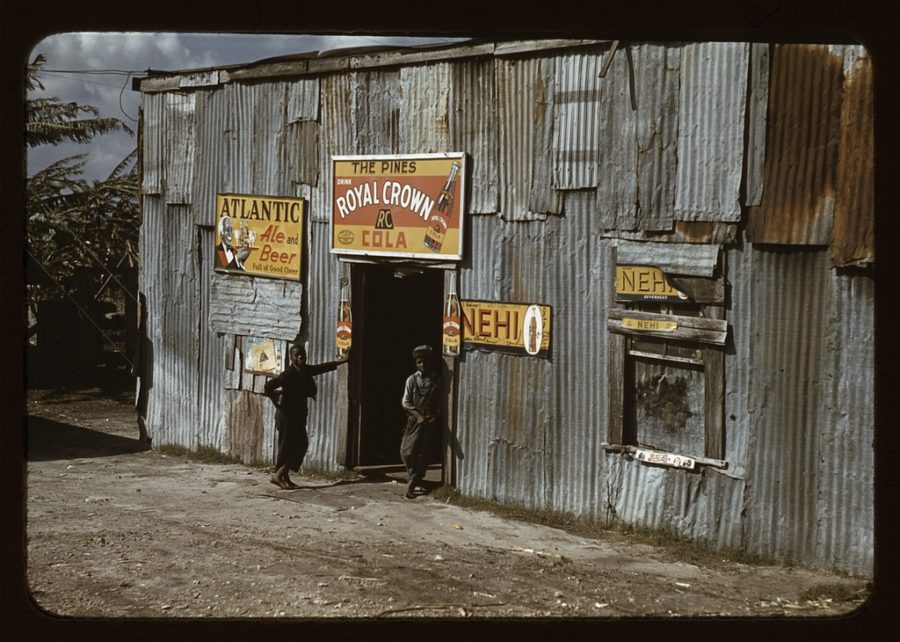
Though juke joints were primarily owned by men, some of the savviest Black business women in the South owned juke or jook joints in the American South. These are the women who probably would never make the pages of Black Enterprise, simply because the work lacked a certain respectability or bourgeois appeal. No, these were the mothers, grandmothers and aunts of those people. Proof of their business savvy wasn’t in their ability to sell liquor or the blues to patrons, it showed up in their use of food as a primary moneymaker. Patrons needed food to soak up some of the moonshine and muscadine wine they were imbibing. On a Friday or Saturday night, working men and women would spend some of their hard-earned money on a meal and to be with good people.
For the women who owned jooks, it was all about taking care of their families. Selling liquor could bring in a few extra dollars but selling it with food could bring in even more. Women like Alabama widow Mary Martin operated a juke joint on her own property, selling liquor she brewed and food she made from fried fish to fried chicken to barbecue. Martin opened her juke after her husband died, to care for their five children. One of her daughters, Candy Shines, entertained and is now a member of the Alabama Blues Hall-of-Fame.

Blues singer Sandra Hall received her start in music playing her mother’s juke joint, which was also a weekend fish fry. “She’d cook up a batch of fish and sell Black Label beer.”
If a plate was not in your budget, women owners sold dill pickles, pickled eggs and pig feet from huge jars behind makeshift bars. On the pit could be pig’s snout, tripe and other parts of the pig and bovine to be slapped between two pieces of white bread and slathered in BBQ sauce.
Running a successful juke joint was not easy for Black women owners. They had to be marketing geniuses to bring back repeat customers and attract new ones. They kept the books that sometimes included payments to law enforcement to avoid being shut down, pay staff that wasn’t family to act as bouncers, cooks, and bartenders, and they had to keep great talent performing. And they did all of that while keeping their families intact.
We romanticize the juke joint, but for these women using what was available in the way of food, music, and alcohol was a statement of survival.
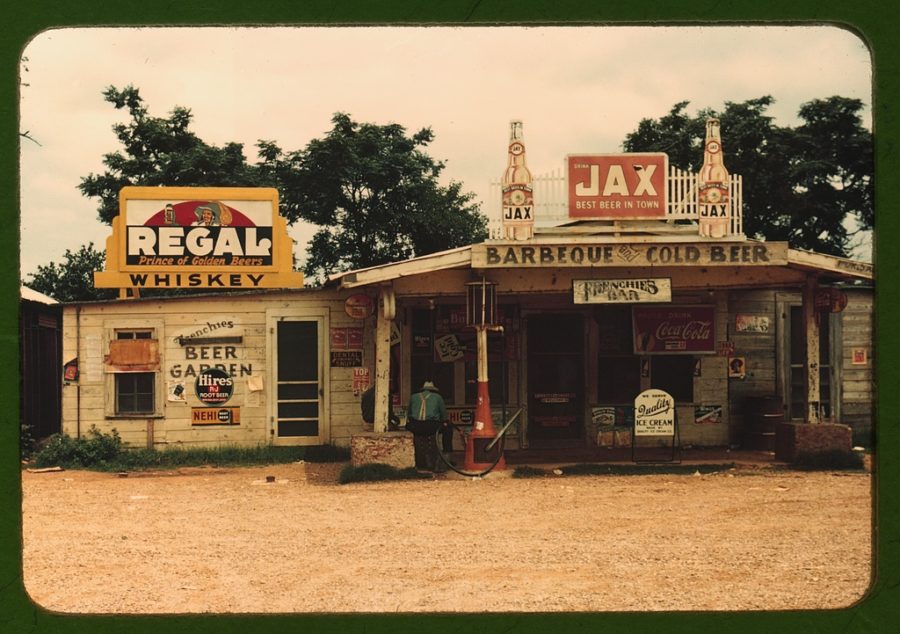
SHOP OUR FAVORITES- CLICK THE IMAGE TO EXPLORE
299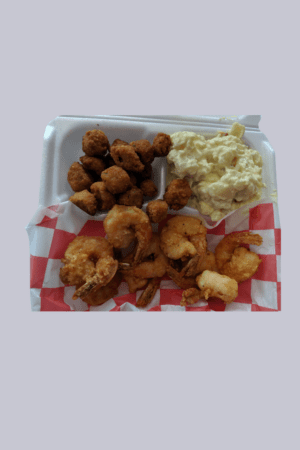

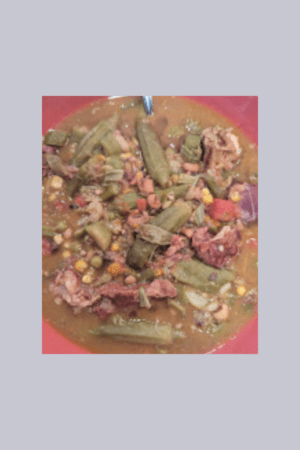
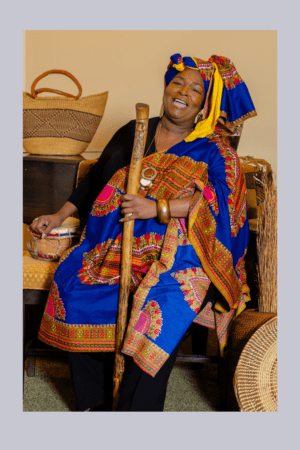
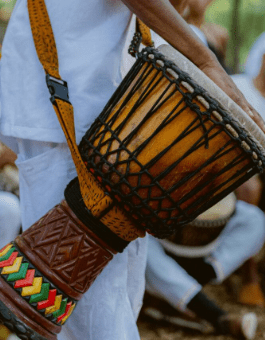
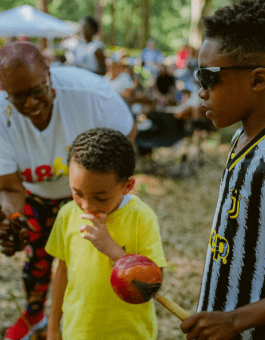
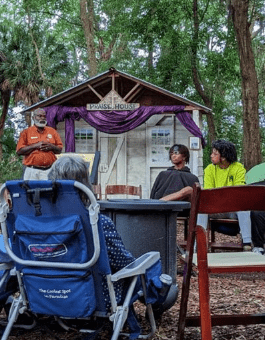
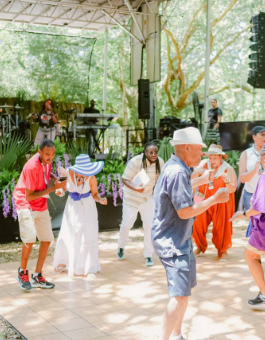




Great read, had good memories.